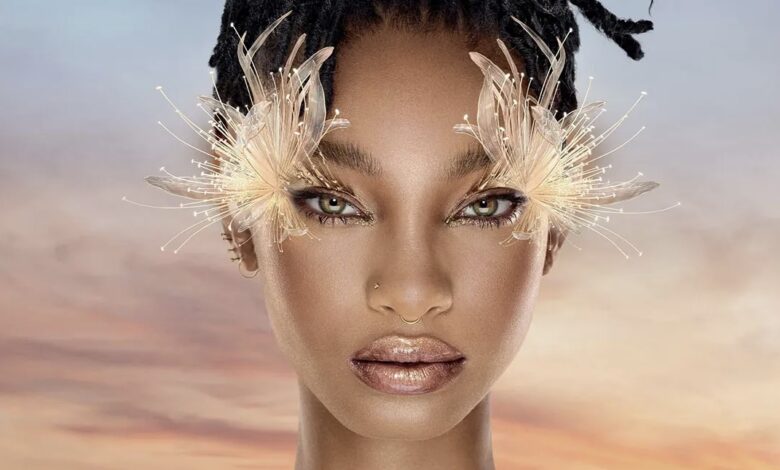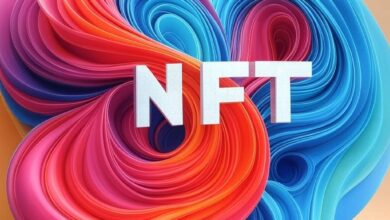
L’Oréal, Meta and French business school HEC Paris are joining forces to launch a startup acceleration program dedicated to creativity in the metaverse.
The programme will support at least five startups that specialise in 3D production, augmented reality (AR), virtual reality (VR), mixed reality, avatar creation, portability in user experience, token economy or other topics related to the metaverse and Web3. (They do not have to be specifically related to the beauty industry.)
It will be housed in the Meta space within Station F, in the 13th arrondissement of Paris, which bills itself as the world’s biggest startup campus. Applications open until 20 November; a jury composed of Meta, L’Oréal and HEC members as well as entrepreneurs and investors will select the startups in December; and the programme will run from January to June 2023. Successful applicants will be offered mentorship and access to experts and investors.
“It brings a lot of young talents together. They’re the future. Imagine the massive creative energy that it generates,” says L’Oréal chief digital and marketing officer Asmita Dubey. “The benefit for us is that we can use that creativity for our DMI [international marketing direction] and brands. So, of course we will leverage that.”
Meta vice president for southern Europe, Laurent Solly, says: “We are proud to associate ourselves with L’Oréal thanks to this ambitious project, which aims to support the French startup ecosystem that will have a key role in the building of a shared, creative and inclusive metaverse. ”
Some naysayers believe the hype around NFTs and all things Web3 is fading following the crypto crash earlier this year. However, fashion, luxury and beauty brands continue to invest in new projects. In the latest move, on Monday, LVMH-owned luxury luggage brand Rimowa unveiled a new tie-up with Nike-owned digital fashion startup Rtfkt. And last week, Farfetch unveiled the eight startups selected for its own accelerator, designed to help the luxury fashion industry scale in Web3 and metaverse technologies.
L’Oréal also remains committed to Web3. Several brands in its stable, including YSL Beauty, Lancôme, Mugler, Armani Beauty and Nyx Professional Makeup have introduced a flurry of Web3 initiatives. “If you look at Web2, live streaming, image recognition, voice, cloud — all of that is very vibrant,” says Dubey. “It’s a very charged digital space. Social commerce is booming for us. There is a strong base for Web2 deployment. And we are very excited about Web3 and the metaverse. We are moving from O+O (online + offline), to O+O+O (online + offline + on chain).”
This summer, the French beauty conglomerate appointed Camille Kroely to the newly created role of chief metaverse and Web3 officer. Part of her remit is to look at how to enter the space responsibly. “It’s our role as the number one in beauty to make sure that we stay true to our commitments and core values,” says Kroely, noting for example that Nyx chose the Ethereum blockchain because it uses less energy than some alternatives.
It also hopes to extend its existing technologies into this new space. In 2018, L’Oréal acquired AR beauty company Modiface. In 2021, L’Oréal and Meta (then Facebook) announced a platform integration that used Modiface to bring AR-powered makeup try-ons to Instagram. “We are convinced that the acquisition of Modiface is a competitive advantage when we enter Web3 and the metaverse,” says Kroely.
“AR beauty and makeup is growing everyday. More and more consumers are using it,” Dubey adds.





